
A Family of Four Siblings Diagnosed with Stomach Cancer – Doctor Shakes His Head: Two "Deadly" Common Habits Many People Share
In a heartbreaking case that has shocked both the public and medical professionals, a family of four siblings was diagnosed with advanced stomach cancer within just a few years of each other. This tragic situation has raised urgent questions about the role of shared lifestyle habits and genetic risk factors. While the family shared the same bloodline, doctors have pointed out that it wasn’t just genetics that led to this devastating outcome — it was also two deadly common habits that many people still overlook.
The siblings, aged between 38 and 52, grew up in the same household, ate the same meals, and lived a modest life in a rural province. One by one, they began experiencing similar symptoms: persistent indigestion, bloating, weight loss, and fatigue. By the time the first brother went to the hospital, he was diagnosed with stage III stomach cancer. The other siblings followed in the months and years after, each receiving a similar diagnosis.
Dr. Natthapon Veerasak, an oncologist who consulted on the case, said, “At first, we thought this was purely genetic. But when we examined their lifestyle habits, we discovered two shared factors that significantly increased their risk — both of which are disturbingly common in our population.”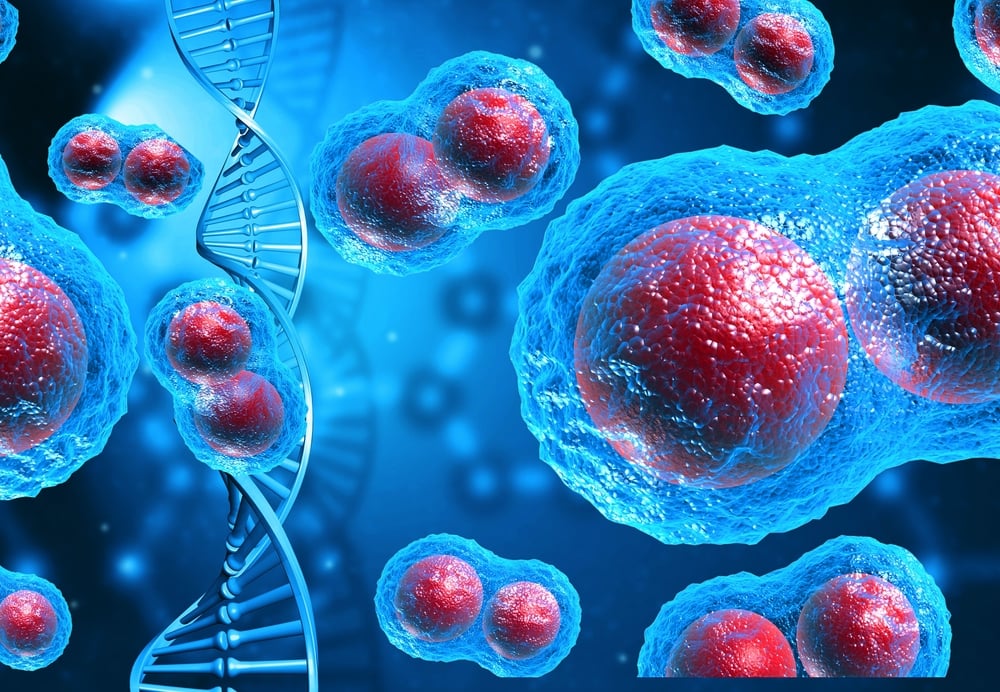
Deadly Habit #1: High-Salt, Preserved Food Diet
The first habit was their long-term consumption of salty, pickled, and preserved foods. In many Asian households, these foods are staples — salted fish, fermented vegetables, dried meats. While they may be delicious and convenient, they contain high levels of nitrates and salt, which are known to irritate the stomach lining and can eventually lead to chronic gastritis and stomach cancer.
According to Dr. Natthapon, “Salt doesn’t just raise your blood pressure. Over time, it damages the stomach’s protective lining, allowing harmful substances to penetrate and promote cancer development. Combined with nitrates found in preserved foods, the risk is multiplied.”
Deadly Habit #2: Ignoring Digestive Symptoms and Skipping Checkups
The second critical factor was their tendency to dismiss early symptoms. Like many others, they thought indigestion or stomach pain was a minor issue that could be fixed with antacids or traditional remedies. None of the siblings had ever undergone a gastroscopy — a simple but effective procedure that can detect early signs of cancer.
“Stomach cancer is often called the ‘silent killer’ because it develops slowly and doesn’t show strong symptoms until it’s too late,” Dr. Natthapon explained. “People think it’s just acid reflux or gas. By the time they come in, the cancer has already spread.”
This family’s story is a tragic reminder that cancer is not just about genetics — it’s also about daily habits and awareness. Many people unknowingly share the same two risk factors: consuming high-salt, preserved foods regularly, and ignoring chronic digestive symptoms.
So what can we learn from this case?
Doctors recommend significantly reducing the intake of salty and preserved foods. Fresh vegetables, fruits, and lean proteins should take priority. Moreover, anyone over 40, especially those with a family history of gastric diseases, should consider routine screenings like endoscopy.
In conclusion, the case of these four siblings is heartbreaking, but it doesn’t have to be repeated. Awareness, prevention, and early detection are key. While we can’t change our genetics, we can absolutely change our habits — and in doing so, we just might save our lives.
News in the same category

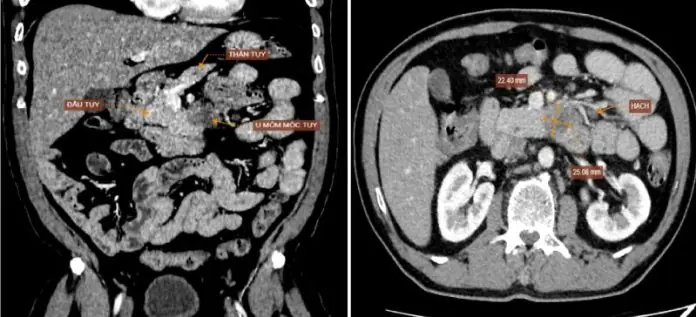
Discovered to Have One of the Deadliest Cancers After Just One Warning Sign
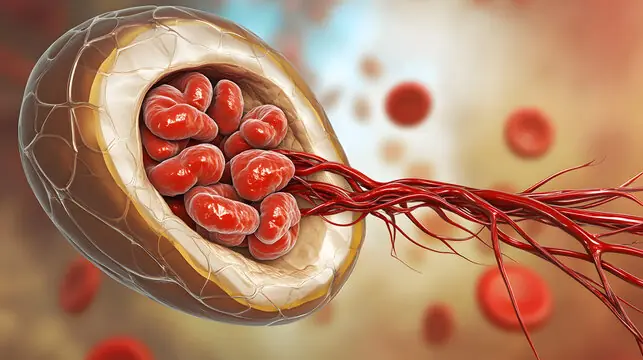
New Tiny Machine Removes Cholesterol from Arteries Without Surgery
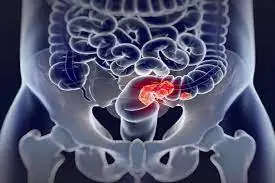
Powerful Simulation Reveals How Cancer Progresses and Ultimately Causes Death
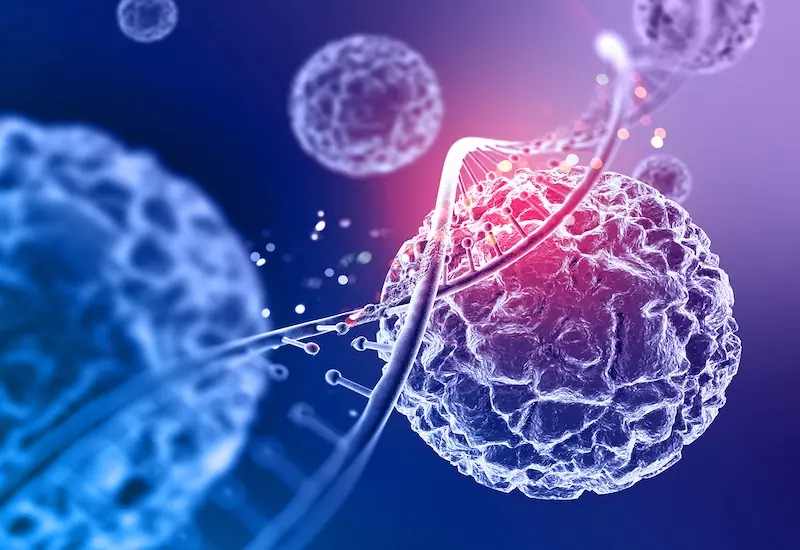
Three Family Members Diagnosed with Thyroid Nodules – The Mother Collapses: “I Thought Eating More of Those Two Things Prevented Cancer”
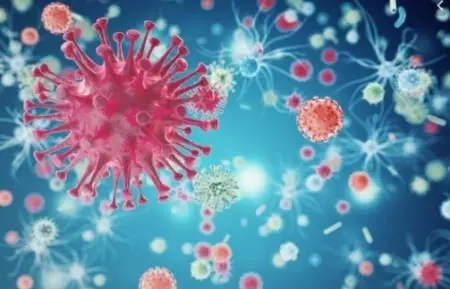
A 49-Year-Old Man Dies of Brain Hemorrhage – Doctor Warns: No Matter How Hot It Gets, Don't Do These Things
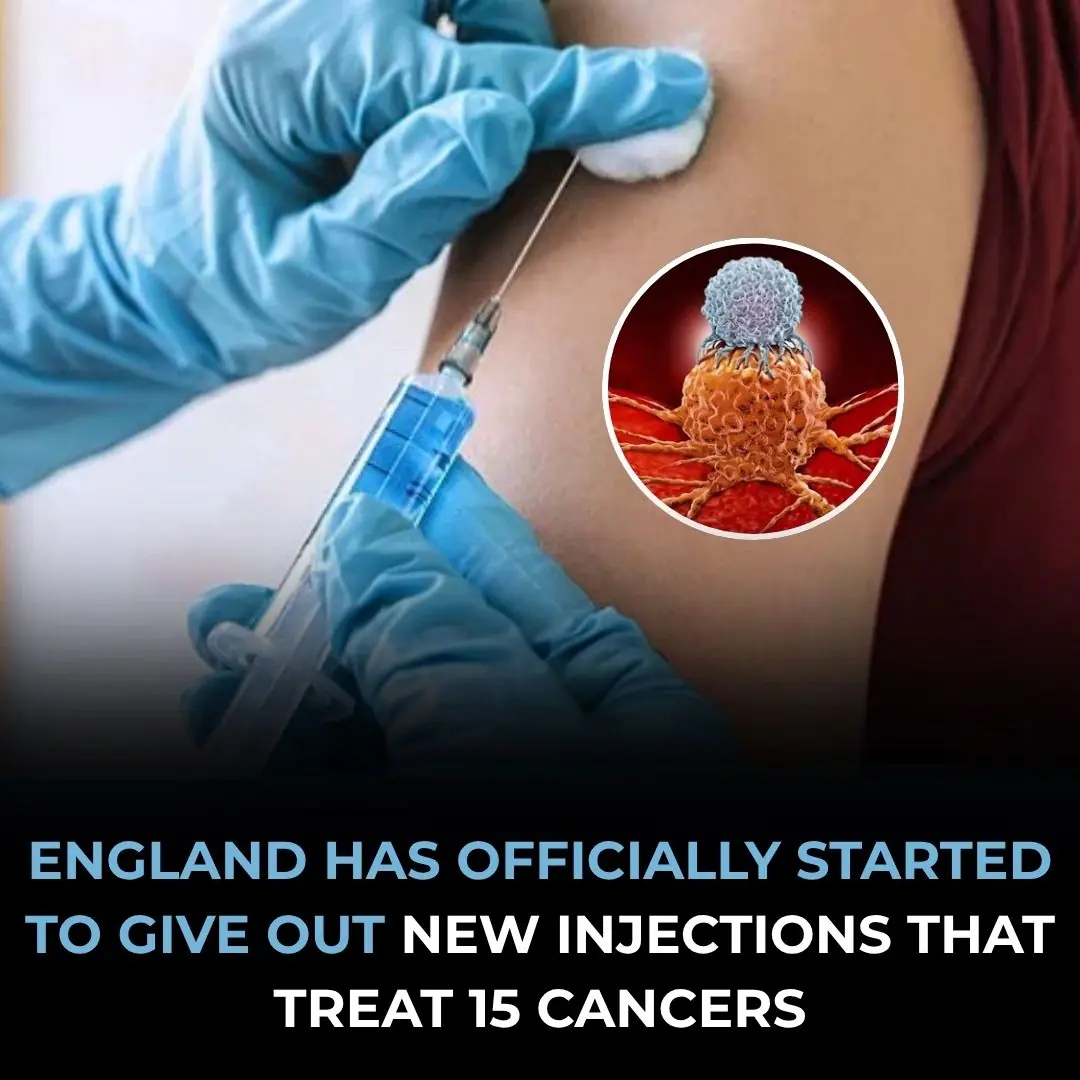
England Has Officially Started To Give Out New Injections That Treat 15 Cancers
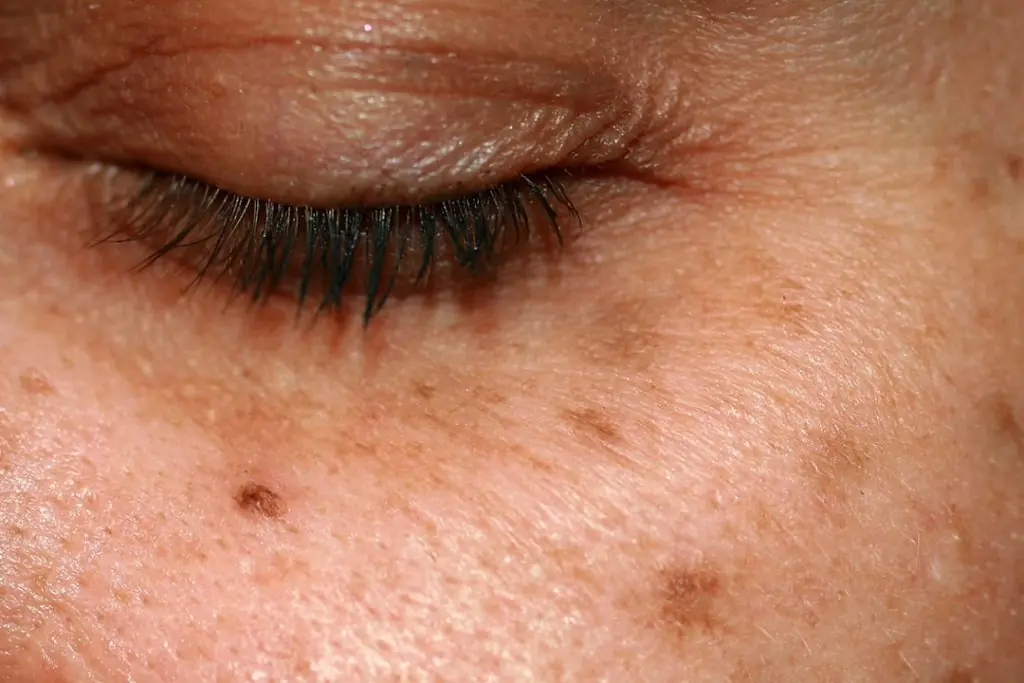
How to Fade Age Spots: Causes, Treatments, and Prevention That Actually Work
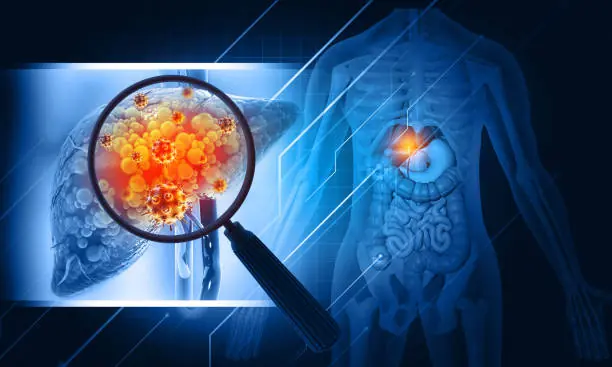
Early Warning Signs of Liver Damage — And How to Protect and Strengthen Your Liver Naturally
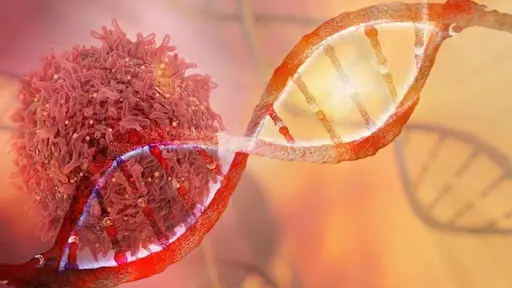
Two Itchy Areas on the Body May Signal Liver Cancer—Many Mistake It for an Allergy
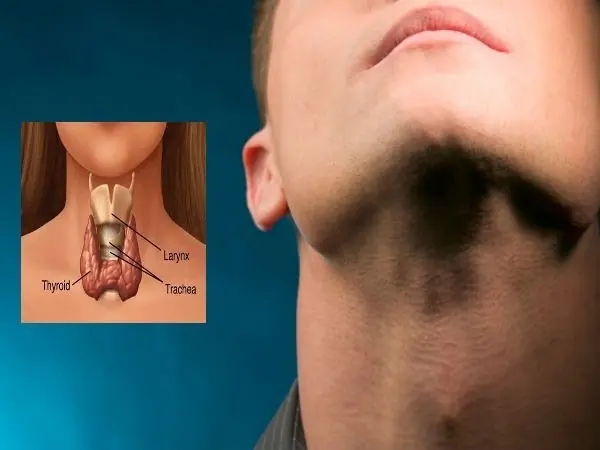
The Number of People with Thyroid Nodules Is Increasing! Doctors Repeatedly Emphasize: Eat Fewer Tomatoes and More of These 3 Foods
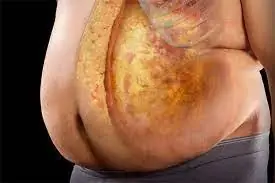
More and More People Are Suffering from Visceral Fat! Doctor: 9 Foods That Help Reduce Visceral Fat – Eat Them Regularly
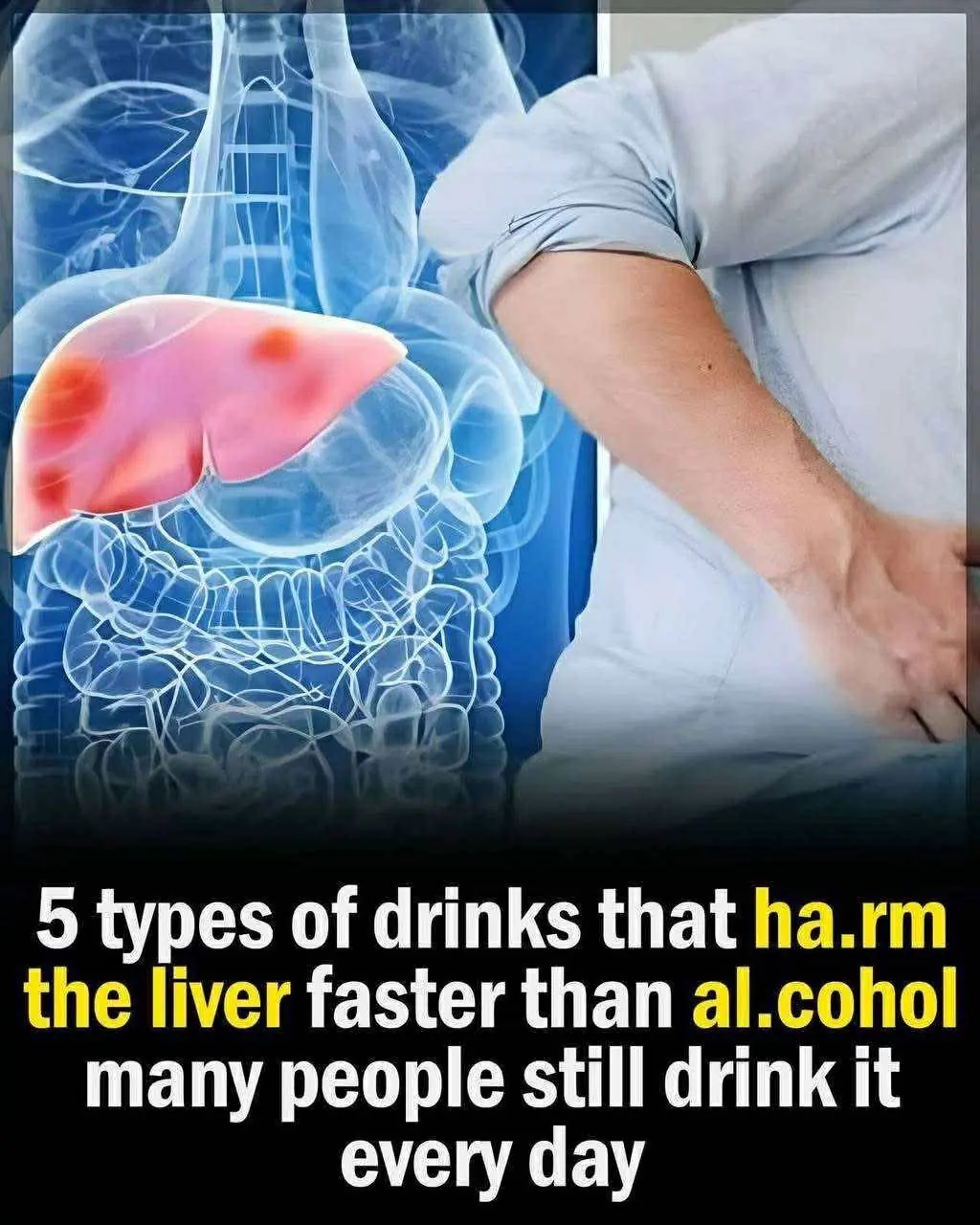
5 everyday drinks that can harm your liver like alcohol

Your Guide to Preparing for the Gynecologist: 10 Key Dos and Don’ts
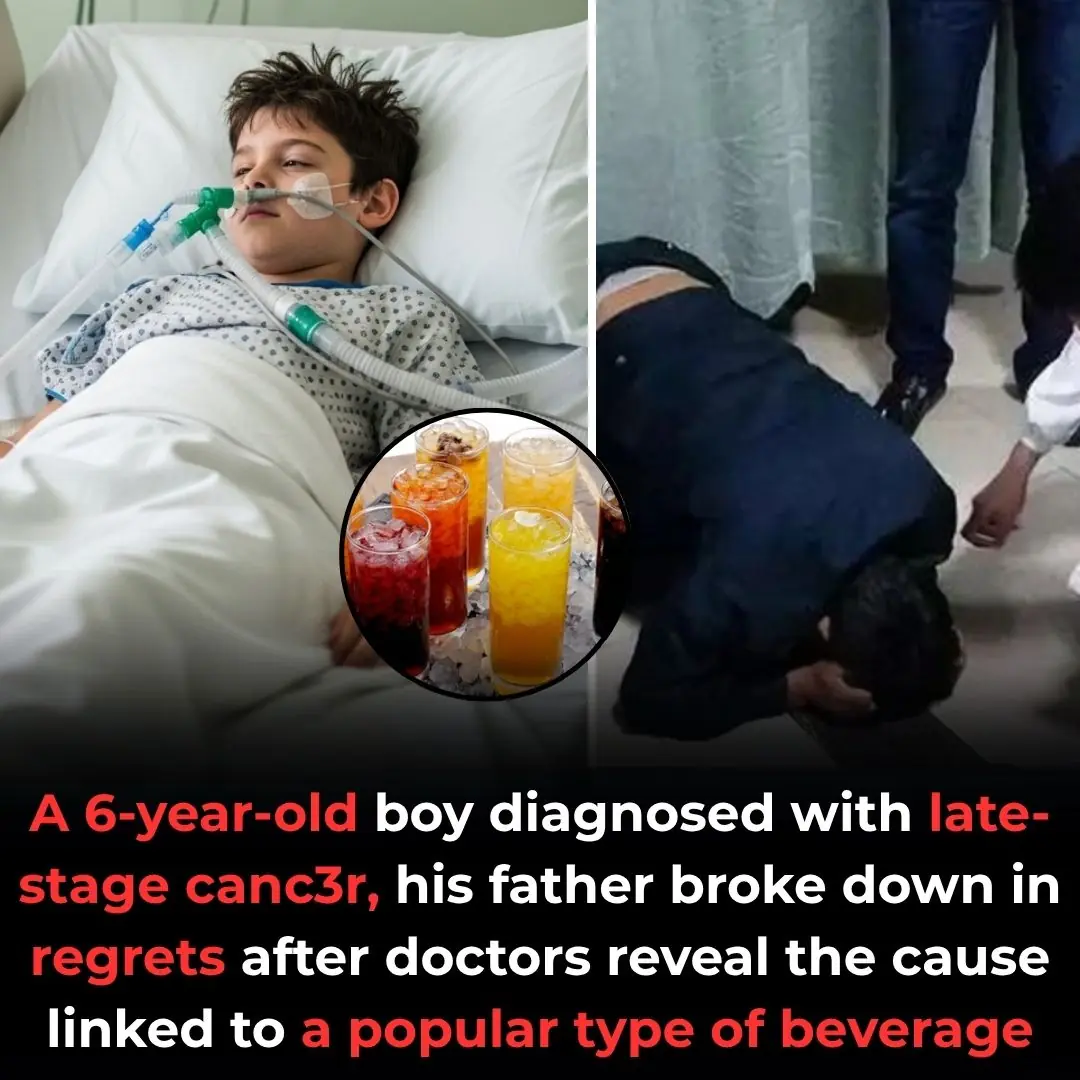
A 6-year-old boy diagnosed with late-stage canc3r, his father regrets after doctors reveal the cause linked to a popular type of beverage
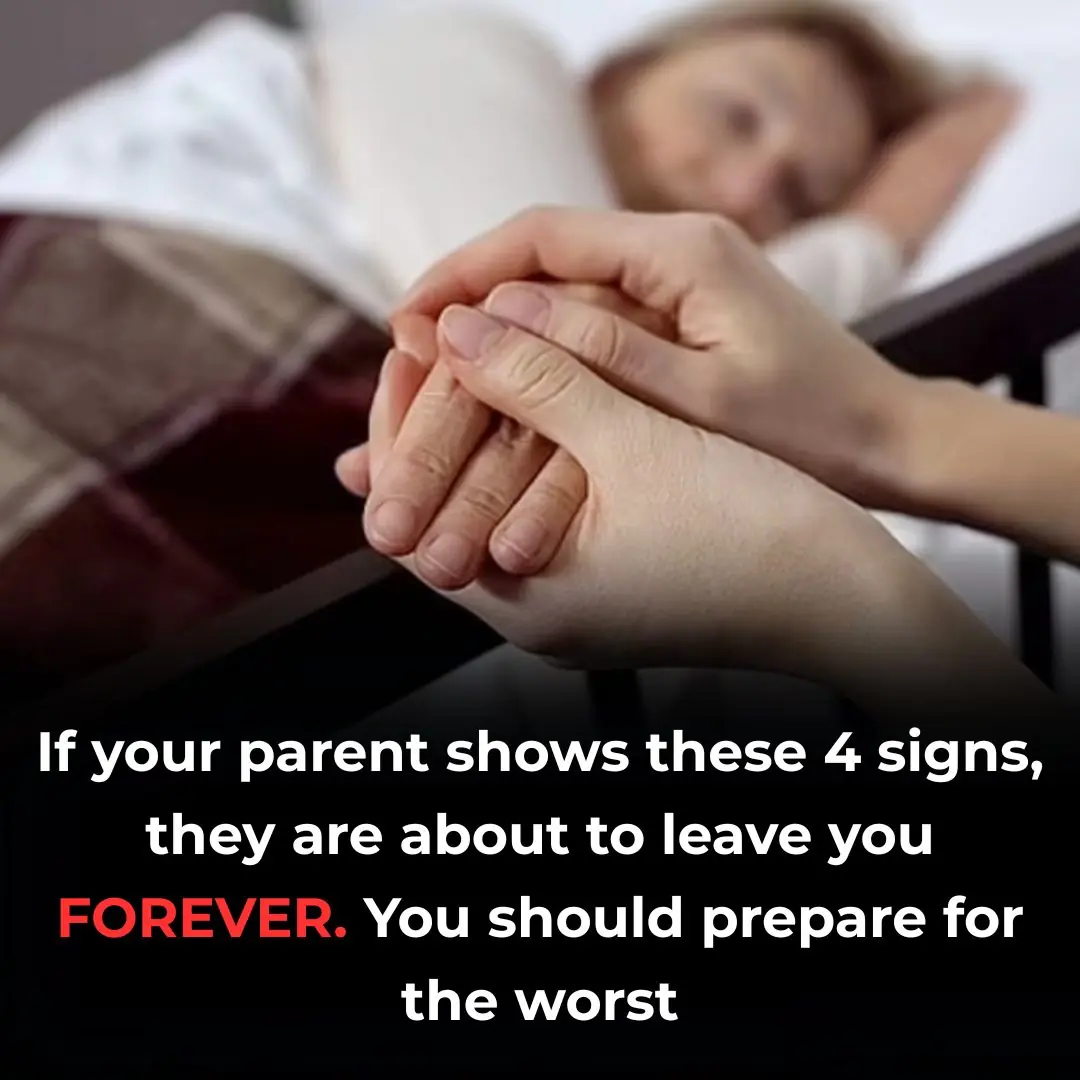
If Your Parent Shows These 4 Signs, They May Be Nearing the End of Life. Prepare Yourself for What’s to Come
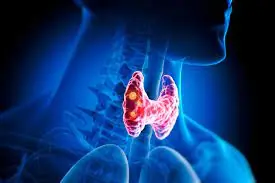
Top 13 Signs That You May Have a Thyroid Disorder

What Can Your Urine Tell You About Your Health?
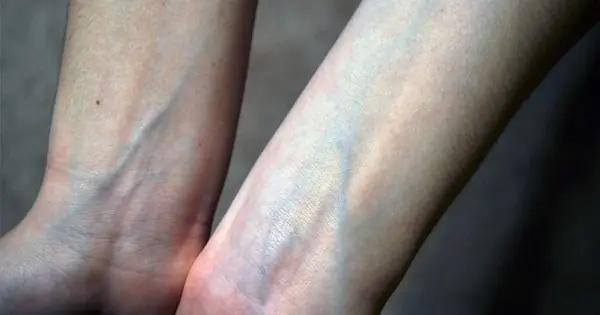
If You See Someone with Prominent Blue Veins, You Must Tell Them This — It Could Save Their Life
News Post

Afraid of Surgery, the Woman Used This for 6 Years to Shrink Her Tumor Based on a Tip – Oncologist’s Four Words Left Everyone Stunned

Discovered to Have One of the Deadliest Cancers After Just One Warning Sign

The Surprising Benefits of Drinking Turmeric Water at Night: 8 Reasons You Should Make It a Habit Today 🌙
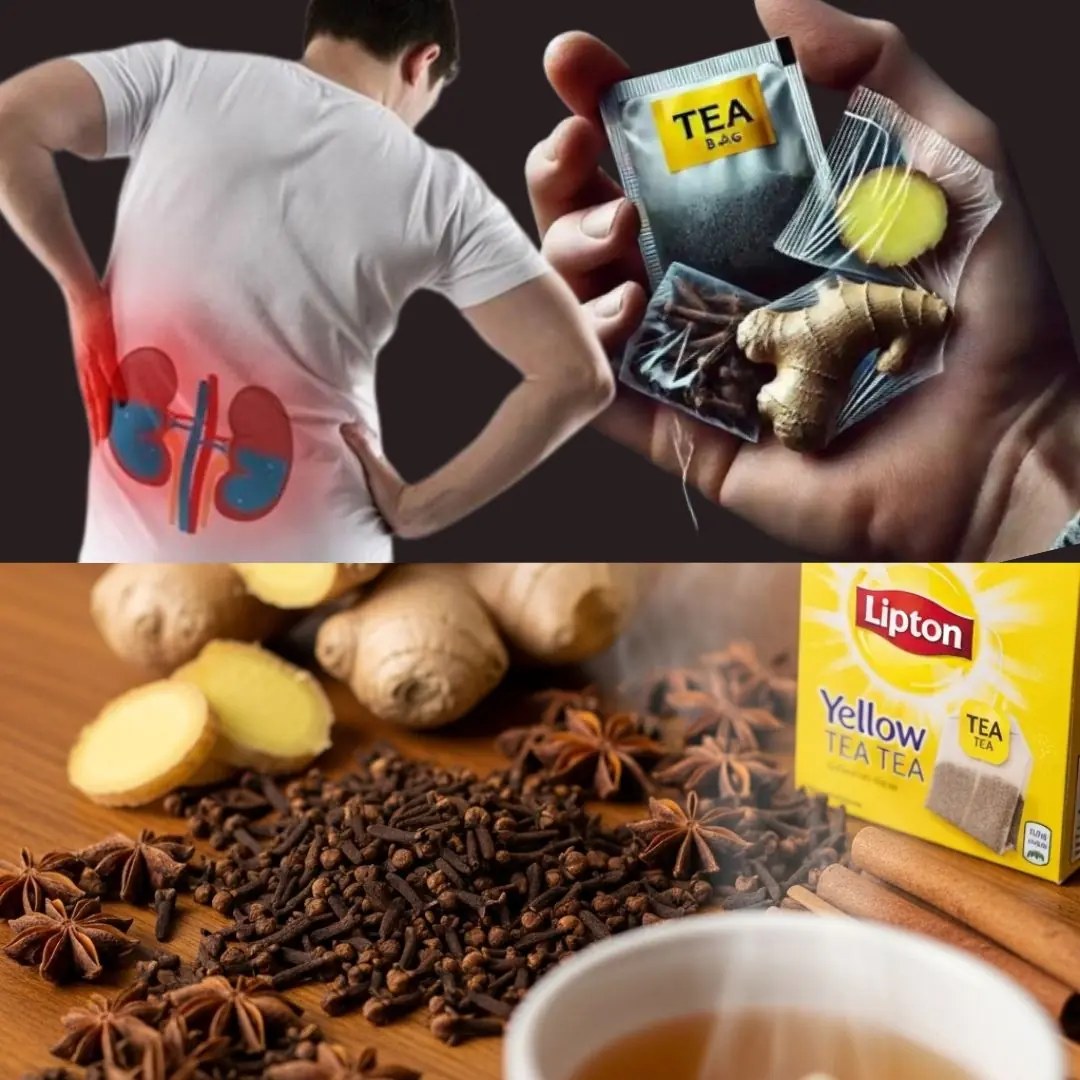
Cloves, Ginger, and Lipton Tea: A Health-Boosting Trio Worth Gold

New Tiny Machine Removes Cholesterol from Arteries Without Surgery

Powerful Simulation Reveals How Cancer Progresses and Ultimately Causes Death

At My Husband’s Birthday Party, My Son Pointed and Said, 'That’s Her. The Same Skirt.'

My Husband Took Me on a Surprise Cruise — But When I Opened the Door, Everything Fell Apart

My Wife Found a Midnight Hobby – It Nearly Drove Our Neighbors Away

I Got Seated Next to My Husband’s Ex on a Flight – By the Time We Landed, My Marriage Was Over

One Day, I Saw a 'Just Had a Baby' Sticker on My Boyfriend's Car — But We Never Had a Baby

Never Throw Away Lemon Peels Again: 12 Unusual Ways to Use Them
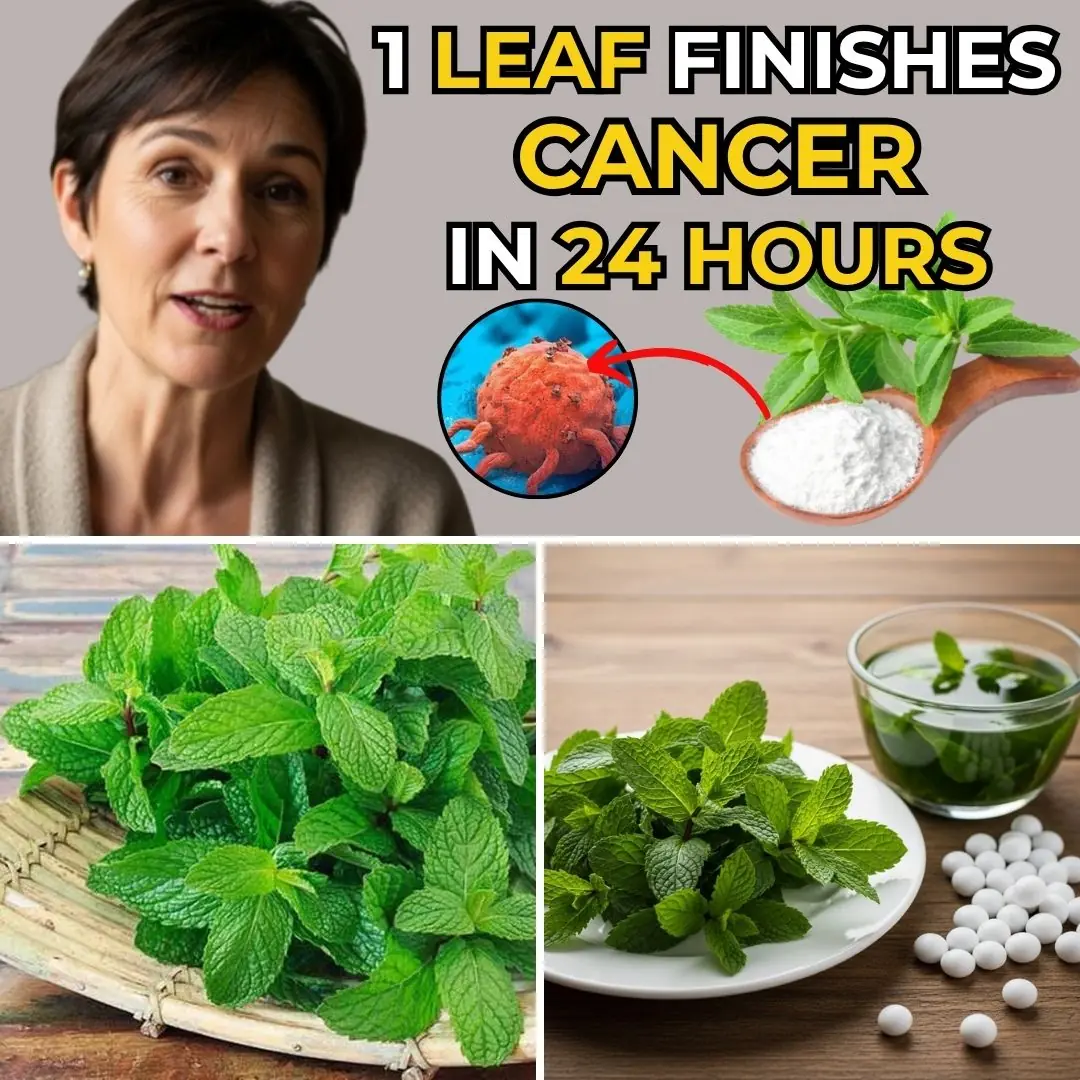
How People Over 50 Can Supplement Fiber for Better Health
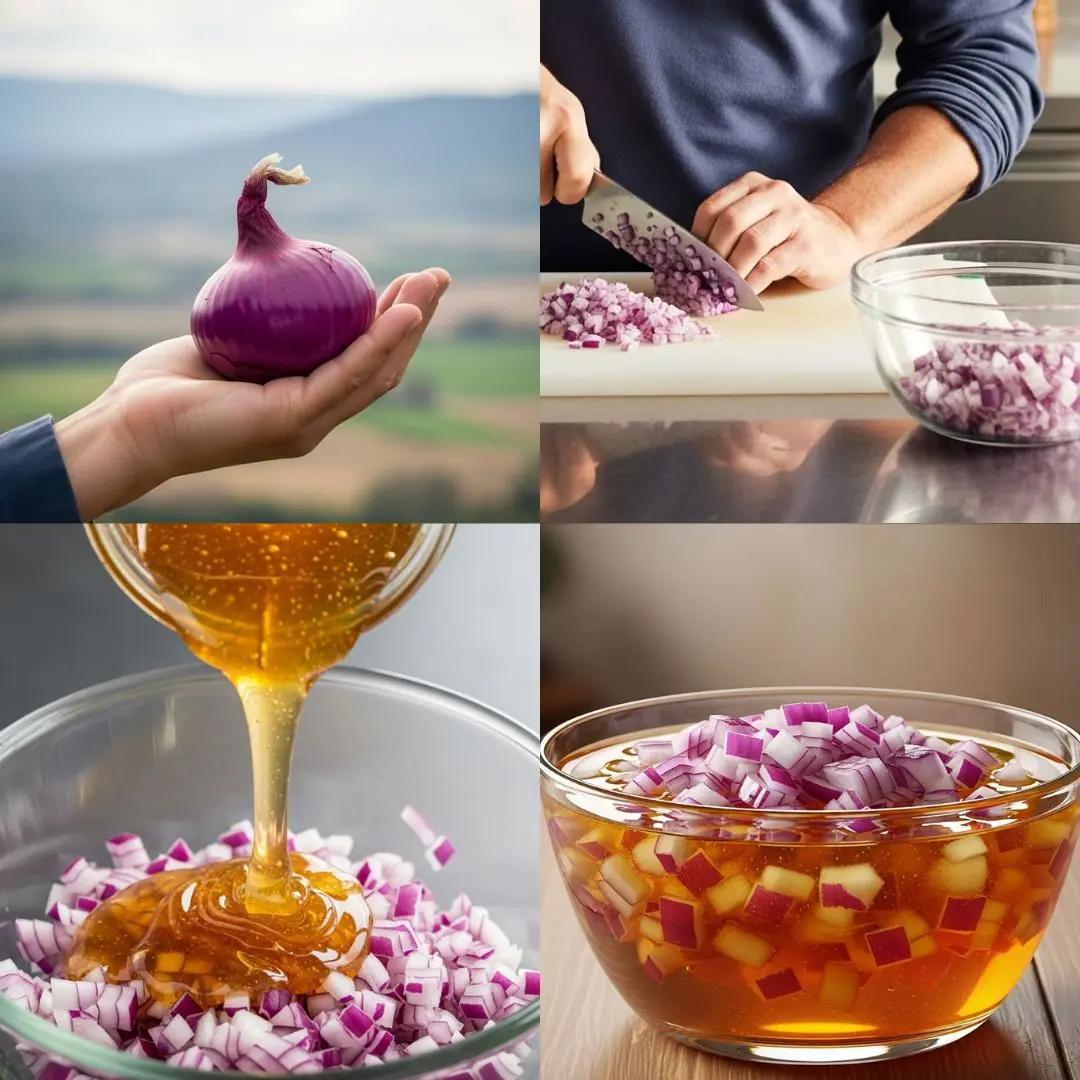
Unleash Your Inner Alpha: The Natural Nighttime Boost You Need
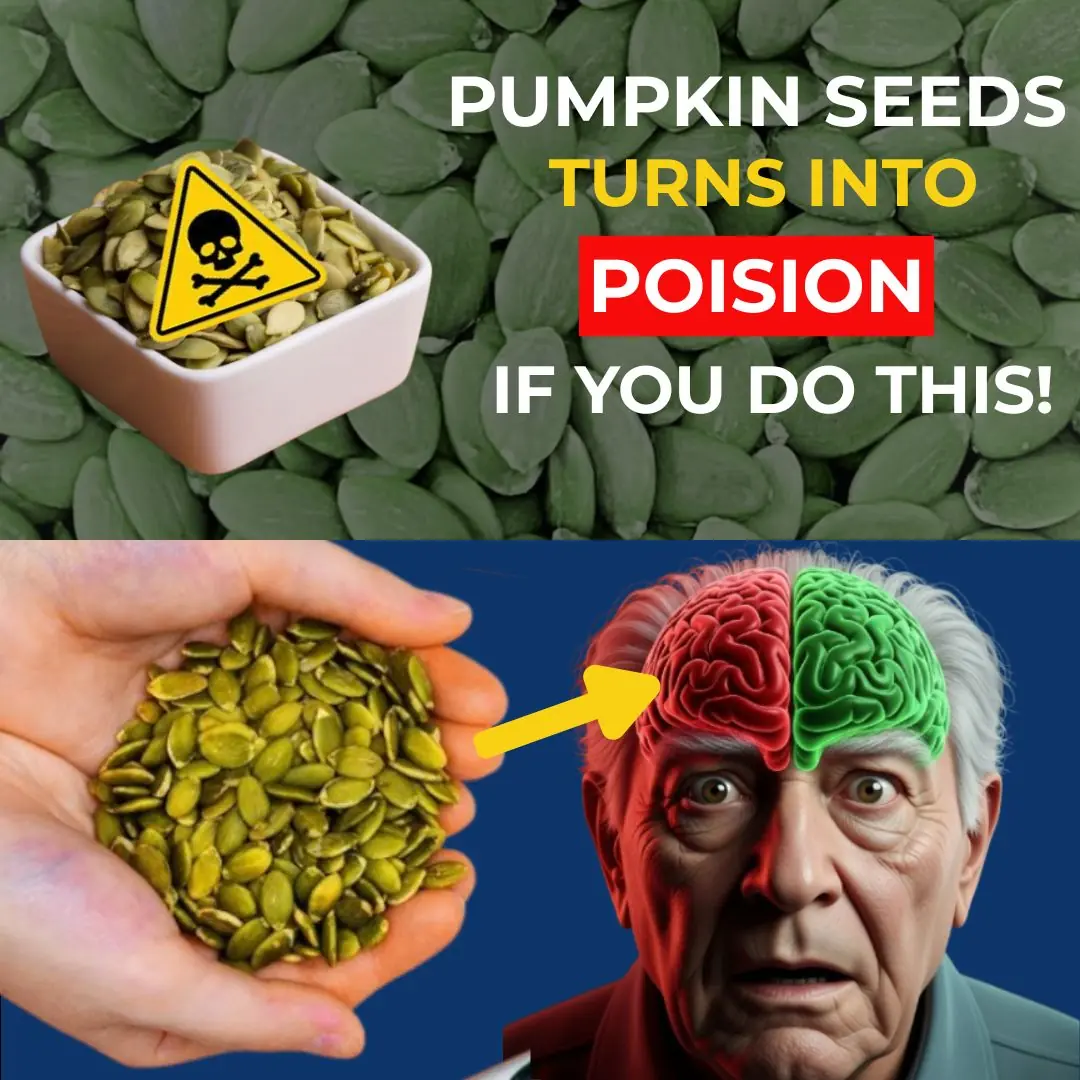
Stop Now! These 8 Pumpkin Seed Mistakes Trigger Irreversible Reactions in Your Body

The photograph of a little boy who became one of the most recognizable men today

Three Family Members Diagnosed with Thyroid Nodules – The Mother Collapses: “I Thought Eating More of Those Two Things Prevented Cancer”

A 49-Year-Old Man Dies of Brain Hemorrhage – Doctor Warns: No Matter How Hot It Gets, Don't Do These Things
